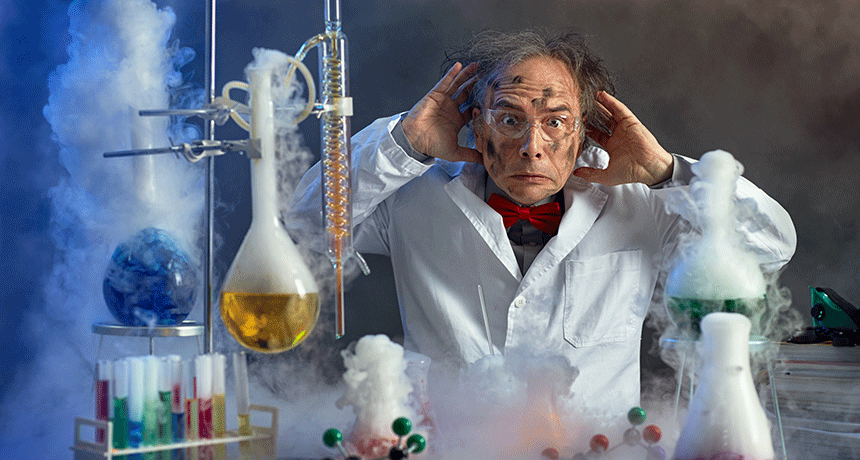Researchers reveal their epic fails
Even a rocket explosion can’t stop ultimate scientific success

Every scientist has had a failure or two in the lab.
LuckyBusiness/istockphoto
Even a rocket explosion can’t stop ultimate scientific success

Every scientist has had a failure or two in the lab.
LuckyBusiness/istockphoto